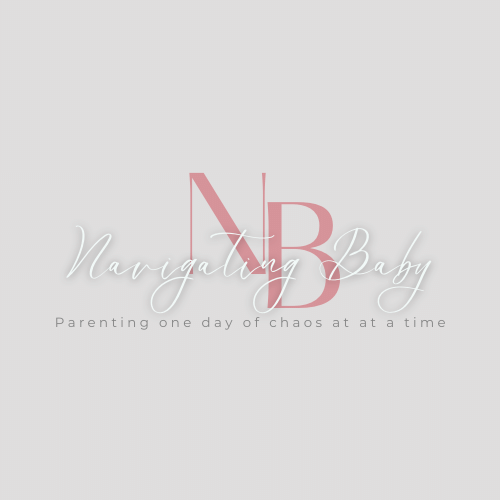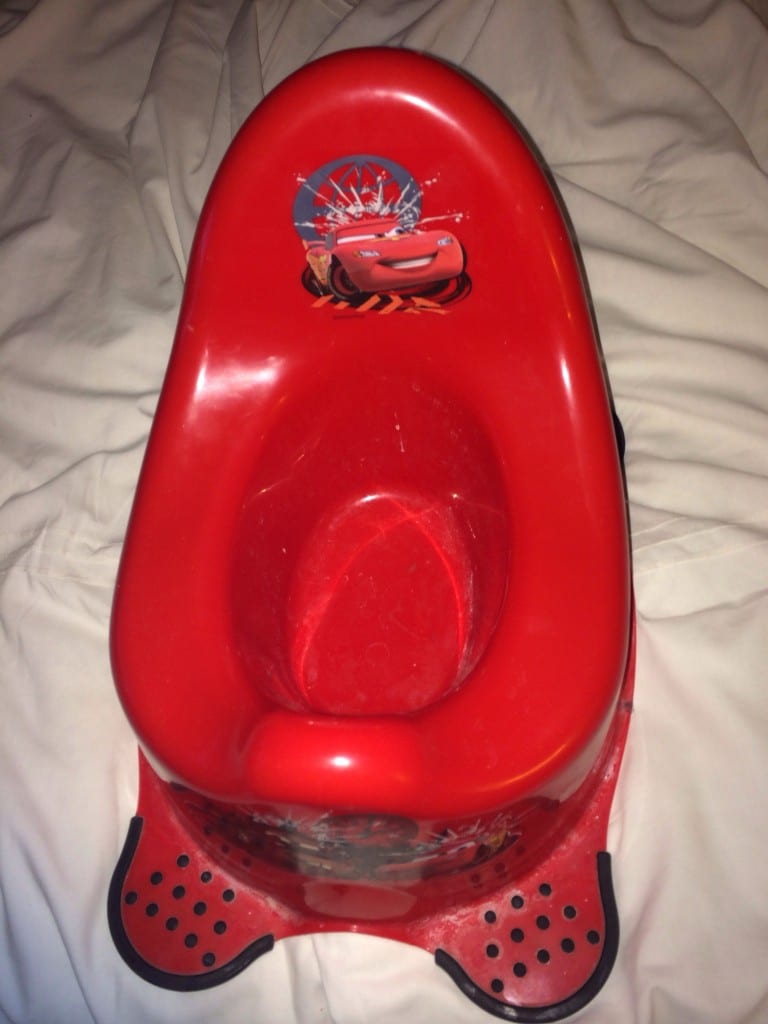Our nanny’s brother has autism and she was recently telling me about the differences between potty training children with autism and those without. As another mummy has also asked me about this I thought I would share the things that she told me. I hasten to add that I am certainly no expert even on potty training and have little or no personal experience of children on the autistic spectrum so I just share this as information that I have been given and am not offering any personal opinion.
The key thing that she highlighted to me was ignoring all usual advice about potty training particularly the idea that you have to start training by removing nappies and going cold turkey. She said that her mum tried this with her brother (he had not been diagnosed at this point) when he was 2.5 years old and it was a disaster. He was so distressed by the change that he began to wreck his bedroom, throwing toys everywhere. This was in fact one of their first indications that his responses were different to her other children. She advises that instead of this introduce the concept of a potty really slowly. Even just having it in the bathroom and pointing it out at bath time to start with and then progressing after a while to sitting on the potty maybe once a day and build this up slowly. It is her belief that pull up pants can help when potty training children with autism as again it slows down the process and gives a slower transition to having to use the potty. It is less of a drastic change and allows using the potty to slowly become part of their routine rather than being imposed all of a sudden and so causing upset.
Her big advice is to ignore when friends are starting potty training and really do it when your child is ready. Her brother, after the initial abandoned attempt, did not start potty training until after 3 years old as it was not until then that he was able to communicate his need effectively. In her experience of potty training hundreds of children with and without special needs communication is key. If they cannot express their will she thinks potty training will be much more difficult so advocates with all children (unless a special need will make speech impossible) waiting until their speech is developed to the point of being able to tell you what they need.
Finally she said patience is the only way. She believes you have to again ignore how quickly others have achieved success and just take each day as it comes without any expectation.
If you would be interested in hearing more about this subject please contact us as I would be happy to ask our nanny any of your questions.
Kx


